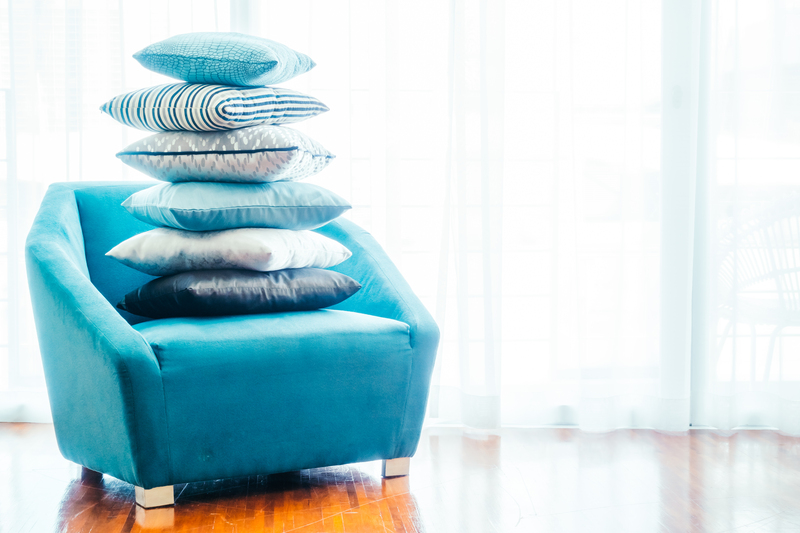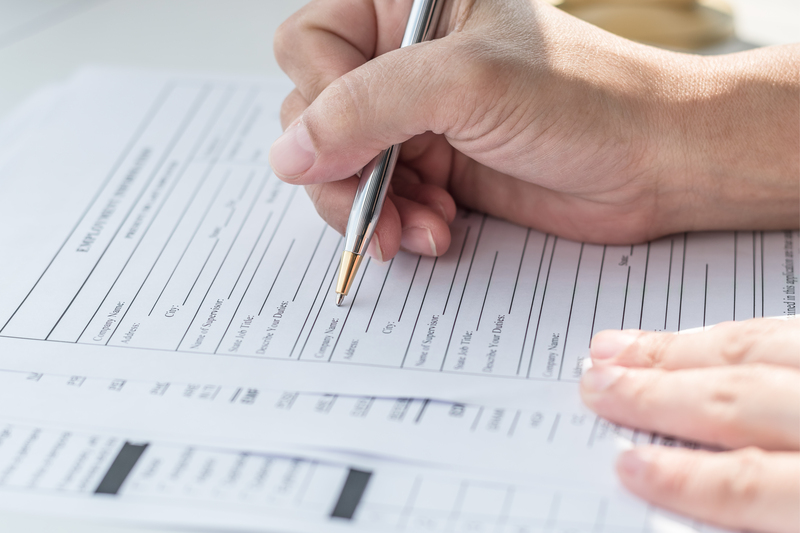Hands-On Hoarder Clean Up for Healthier, Happier Homes
Clutter, chaos, and hoarding disorder can steal the comfort and safety from even the most loving homes. If you or someone you know is facing the daunting challenge of excessive belongings and disorganized spaces, hands-on hoarder clean up is the essential first step toward reclaiming a peaceful, welcoming environment. This comprehensive guide delves into practical steps, the emotional aspects, and the tremendous health benefits of taking on a hoarding clean-up project, ensuring your home transforms into a haven of happiness and wellbeing.

Understanding Hoarding: More Than Just a Mess
Hoarding is not simply about collecting things or being disorganized; it's a complex mental health condition making it difficult to part with possessions, even those with little value. As clutter accumulates, it can:
- Block walkways and emergency exits
- Increase fall risks
- Cause fire hazards
- Harbor dust, mold, and allergens
- Negatively impact mental health
Why Choose Hands-On Hoarder Clean Up?
Cleaning up a hoarded home requires more than garbage bags and cleaning supplies; it demands empathy, patience, and proven strategies. Unlike standard cleaning, hands-on hoarder clean up involves:
- Working side-by-side with the homeowner
- Sorting belongings thoughtfully
- Providing emotional support
- Connecting with professional help if necessary
The Benefits of a Hoarder Home Clean Up
There are countless advantages to a thorough, respectful hoarder clean up. Some of the most profound include:
- Physical Health: Removal of dust, mold, and pests reduces respiratory issues and allergy symptoms.
- Mental Clarity: A tidy, organized space can alleviate anxiety and increase focus.
- Improved Relationships: Opening your home becomes possible, boosting family and social connections.
- Safety: Unobstructed pathways lower the risk of falls and allow for quick emergency exits.
- Home Value: Clean, well-maintained homes are more valuable and enjoyable.
Signs That a Home Needs Hoarder Cleanup
- Accumulation of newspapers, magazines, or junk mail
- Limited access to sinks, beds, or toilets
- Blocked exits or walkways
- Multiple appliances or fixtures broken or buried
- Pest infestations or foul odors
- Emotional distress when discarding items
If you notice these issues in your own home or a loved one's, hands-on intervention may be needed.
Step-By-Step Guide to Hands-On Hoarder Clean Up
1. Assemble a Compassionate Team
The experience of clearing a hoarded home can be overwhelming, emotional, and even traumatic. Whether you lean on friends, family, or professionals:
- Choose patient, nonjudgmental helpers
- Establish clear roles and expectations
- Discuss boundaries and emotional triggers
2. Make a Plan and Set Goals
Breaking down the process into manageable steps is critical. Create a room-by-room strategy, for example:
- Start with an easily accessible area to build momentum
- Set achievable daily or weekly targets
- Celebrate small victories along the way
3. Gather Cleaning Supplies and Safety Gear
- Sturdy gloves
- Masks or respirators
- Trash bags, boxes, and bins
- Disinfectants and cleaning rags
- First aid kit
- Flashlights or portable lighting
Wear appropriate clothing and ensure proper ventilation to minimize exposure to allergens and biohazards.
4. Sorting Belongings: The Three-Box Method
Deciding what to keep, donate, or discard is difficult for individuals with hoarding disorder. The three-box method can streamline decisions:
- KEEP: Essential, meaningful, or usable items
- DONATE: Items in good condition but no longer needed
- DISCARD: Trash, broken items, or perishable goods
5. Deep Cleaning and Sanitizing
After sorting, hands-on hoarder clean up moves to sanitization:
- Vacuum carpets and floors thoroughly
- Disinfect surfaces, fixtures, and bathrooms
- Address odor sources, mold, and pest issues
- Consult professionals for hazardous waste or biohazards
6. Organizing for the Future
Maintaining a clutter-free home requires new habits and sometimes ongoing support. Effective tips include:
- Establish a place for everything
- Regularly schedule mini decluttering sessions
- Use storage bins and labels to prevent future messes
- Create a donation station for items ready to go
Emotional Challenges of Hoarder Cleanup
The process is rarely easy on homeowners or their loved ones. Common emotional hurdles include:
- Shame or embarrassment
- Anxiety about parting with possessions
- Fear of judgment or loss of independence
- Guilt about asking for help
Approach each challenge with patience, compassion, and affirmation. If needed, seek counseling or mental health support, as professional therapists can navigate the emotional side of hoarder house clean up.
When to Call in Hoarder Cleanup Professionals
Some situations demand professional hoarding clean up services:
- Severe biohazards (mold, bodily fluids, animal waste)
- Safety risks (blocked exits, fire hazards, unstable piles)
- Overwhelming volume of accumulated items
- No support network available
Aftercare: Preventing Relapse and Fostering Happiness
Maintaining progress after a hoarding clean up is an ongoing journey. Here are some strategies for preventing a return to cluttered habits:
- Establish regular check-ins with supportive friends or professionals
- Practice mindfulness and self-care to ease anxiety
- Continue therapy if needed
- Identify and address emotional triggers promptly
- Stay connected to community resources

Frequently Asked Questions About Hands-On Hoarder Clean Up
How long does hoarder clean up take?
The timeline depends on the severity of clutter and the size of the home. Minor cleanups may take a weekend, while more extreme hoarding situations can require weeks. For severe cases, professional hoarder cleaning services can expedite the process.
Is hoarder clean up covered by insurance?
Some homeowners insurance policies may cover hazardous cleanup after events like fire or water damage. Routine hoarder clean ups generally are not covered, but professional services can often provide payment plans or financing options.
Why is it so hard for hoarders to let go of belongings?
Hoarding is a mental health issue. Items may have sentimental value, or discarding things may trigger intense anxiety or fear. Compassion and sometimes the help of a mental health professional can ease the process.
How do I talk to a loved one who is hoarding?
Approach with empathy, not criticism. Express concern about safety and wellbeing, not judgment about possessions. Offer support, resources, and listen to feelings. Sometimes peer support groups or mental health professionals are needed.
Conclusion: Reclaim Your Home, Reclaim Your Life
Hands-on hoarder clean up is more than a cleaning task--it's an act of empowerment and healing. By addressing physical clutter and the underlying emotions, you pave the way for healthier, happier homes and renewed personal freedom.
Remember: Change is possible, and every cleared corner is a step toward comfort, safety, and joy. Whether starting solo, with loved ones, or professional support, you have the power to transform your space--and your wellbeing--for the better.
